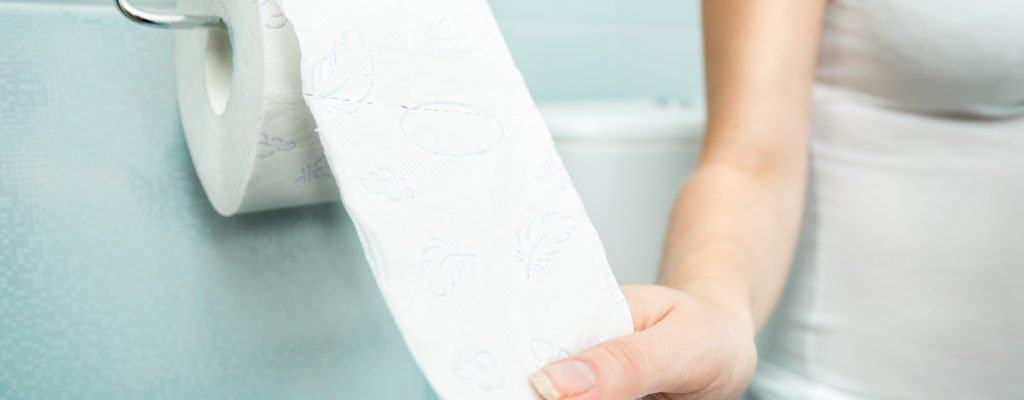
Childbirth is always associated with instability in neighboring organs such as the urinary tract and digestive system. Diarrhea is a less common problem for mothers who have a caesarean section, but can still occur in some for a variety of reasons. This issue is quite sensitive and embarrassing for mothers, so this article will help you better understand and find solutions.
Diarrhea and incontinence after cesarean section
Fecal incontinence (fecal incontinence) is a disorder of the intestinal system, sometimes similar to diarrhea. Pregnant mothers often fall into this state after cesarean section. She may leak or gasp or often feel the need to urinate quickly.
Postpartum diarrhea associated with pregnancy
There are many mothers preferring a caesarean section because it is gentle, less painful, but safer than normal birth. But in fact, there are no reports to prove this. The cause of diarrhea or incontinence can also be due to the time of pregnant women pushing before cesarean section as well as other problems related to pregnancy.
Pregnancy places heavy pressure on the maternal pelvic region and can cause pelvic organ prolapse as well as stress incontinence.
One study found that mothers who had a caesarean section often had more bowel problems than mothers who gave birth, including excessive weight gain, diarrhea and constipation.
Antibiotics can also cause diarrhea after caesarean section
There is a reason mothers are more prone to diarrhea after a caesarean section due to the amount of antibiotics taken before and after surgery. Antibiotics are used before surgery to prevent infection, but most antibiotics are the cause of diarrhea. Antibiotics disrupt the balance between good and bad bacteria, while also allowing bacteria that are conducive to antibiotic resistance to grow rapidly, secreting toxins that are harmful to the intestinal wall, and possibly cause serious inflammation. Although it is rare, perforation and burns of the organ from surgical instruments can occur, so your doctor must use antibiotics for you to minimize the chance of infection. However, this increases the mother's risk of diarrhea.
How to treat diarrhea after cesarean section?
If you are having any problems with difficulty controlling your bowels, see your doctor for tests to find out the cause of the diarrhea.
Doctors can prescribe a laxative and use medications that increase the time that food stays in the gut. This helps in increasing the ability of the food to absorb water so that the stool becomes hard. You should also include fiber daily to help better digestion. Doctors can also do tests to measure anal sphincter spasm and recommend appropriate physical therapy.
Through the above article, aFamilyToday Health hopes that you have learned more about post-caesarean bowel problems. It's best to keep a healthy diet and choose a regular birth to ensure less postpartum complications are encountered.
You may be interested in some of the following articles:
Things to know about post-caesarean infection (part 1)
6 notes to help mothers recover quickly after cesarean section












